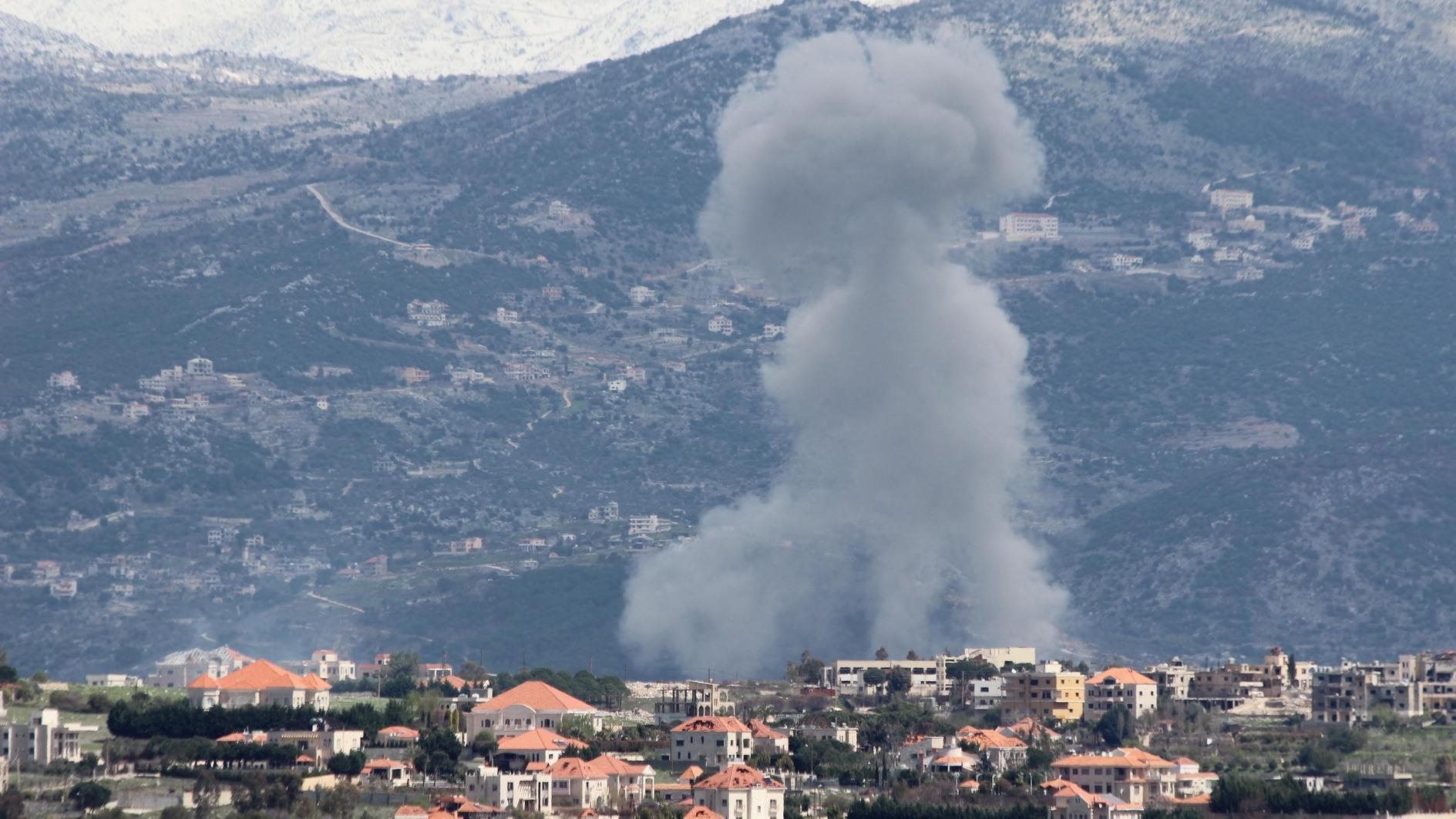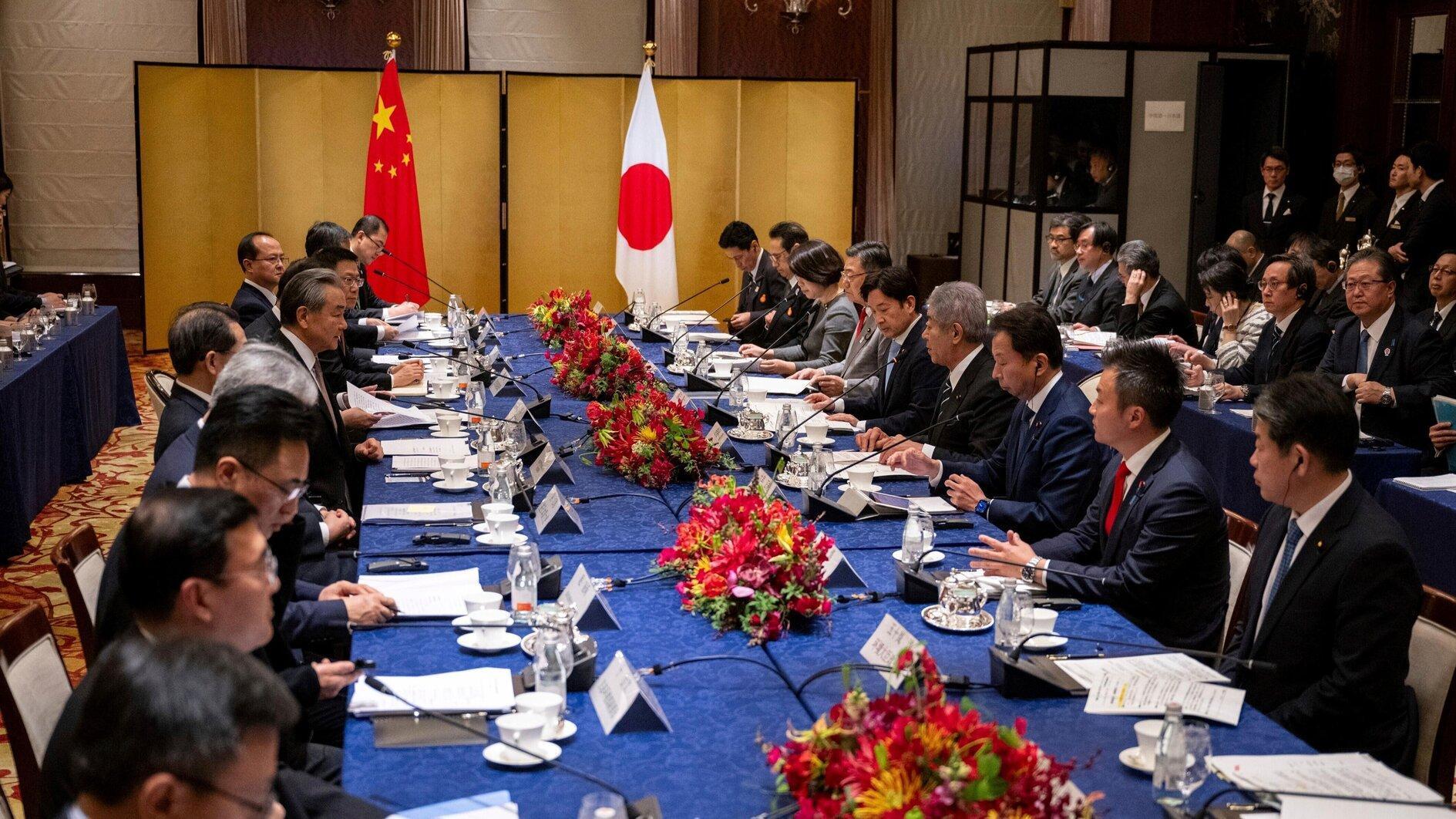Give sharing economy and ‘sharing culture’ a chance
Emrah Güler
 Turkey has been home to some inspiring projects, organizations and communities in the recent years that offer alternatives to today’s market-based, monetized economy. Gift economy, sharing economy, crowdfunding, collaborative consumption and mesh economy are some of these alternative systems gaining more followers each day.
Turkey has been home to some inspiring projects, organizations and communities in the recent years that offer alternatives to today’s market-based, monetized economy. Gift economy, sharing economy, crowdfunding, collaborative consumption and mesh economy are some of these alternative systems gaining more followers each day.Eşya Kütüphanesi, “The Library of Stuff,” is one of them. Started in late 2012 by two young entrepreneurs, after taking first place in the Startup Weekend İstanbul competition, the Library of Stuff is a sharing platform that matches lenders and borrowers through their website, esyakutuphanesi.com, and social media.
Aysu Erdoğdu Miskbay and Ayşe Gökçe Bor are both graduates of Ankara’s Middle East Technical University, who were introduced to social entrepreneurship through their graduate studies and willing to use entrepreneurship for social benefit. A third name, Didem Yeni, a software developer and entrepreneur, joined the team in 2014, along with six volunteers.
Hürriyet Daily News talked to the trio about the alternative systems they have been designing and running, as well as the higher platform they have established, Ortak Yaratım (Creating Together), and the crowdfunding website, Fongogo.
‘Another world is possible’
Eşya Kütüphanesi was established as an online platform that supported sharing, “to remind people of the sharing culture and to contribute in reducing the consumption of resources.” Now with more than 3,500 members of the platform, Eşya Kütüphanesi offers a chance to lend and borrow, not only “stuff” but hobbies and interests as well, to foster a connection among its members.
The team recently started another alternative platform, DönmeDolap (Ferris wheel) at donmedolap.org, to fund creative endeavors with the sales of second-hand items. “Seeing that there were many stuff people wanted to donate, and that many of the artists, social entrepreneurs, and those engaged in creative work were finding it difficult to find funding led us to the creation of DönmeDolap,” said the team.
“In the last three years, we have engaged in different projects on ecology, sharing culture and alternative economies that include Eşya Kütüphanesi,” said the team. “Ortak Yaratım emerged as an umbrella structure that started with Eşya Kütüphanesi, continued with DönmeDolap, and that includes all of our projects sharing the motto, ‘Another world is possible.’”
The team recently turned to another alternative funding model, crowdfunding, to be able to finance the projects they have been running under Ortak Yaratım. After generating income from friends, family, and a grant from the Ministry of Industry and Technology, the team hopes to find funding through the Fongogo campaign for sustainability. One major reason for the campaign is “to include the crowd they have been interacting with over three years and see whether we can grow together.”
From sharing economy to sharing culture
For the team, alternative economies are those “that defy the present model of the economy that is one-sided, that dissociates the producer and the consumer, and precipitates consumption.” These alternative economies, that include community-based agriculture, gift economy among others, “can imitate the present economic system where people sell their product or service for money, but refrain from recreating the relationship of the seller and the buyer, and help build friendships through communication.”
The team is now using the term “sharing culture” rather than “sharing economy.”
“In our first year, we were using the term sharing economy to explain what we were doing,” said the team.
“We then realized that sharing is an old tradition in these lands, that it wasn’t just economy we were talking about. Then we started using ‘sharing culture.’”
“Gift economy is part of alternative economy in Turkey. On many different places throughout different times, gift economy has been the dominant system, not the alternative one. Like in some small villages of today,” continued the team. “Both Eşya Kütüphanesi and DönmeDolap are good examples to alternative economies that also serve the gift economy. We are happy to remind people of the sharing culture and create alternative economic systems. Who knows, maybe today’s alternative system will be the dominant economic system tomorrow.”
You can visit http://www.fongogo.com/p/esya-kutuphanesi-ortak-yaratima-katil to contribute to the campaign to support Ortak Yaratım that will run until April 23.
















